When Do Babies Start Teething?
At What Age do Babies Start Teething? How long does Teething Lasts? These are the major concerns of the parents with teething. Learn how Baby teething affects physical development. Soon your little’s gummy smile will be replaced by little pearly smile giving him cute bunny appearance. No wonder, it is the most adorable smile when he showcases those tiny little teeth.
Teething: 
Your baby is teething when his primary teeth break through gums.
The matter of fact is that the process of teething is not much of a fun for both baby and parents. Undoubtedly, it is a great milestone in baby’s physical development and there are problems that come across but the best part is that it tells you that your little munchkin is on right developmental track and your baby’s growth has achieved next milestone.
How Early can a Baby Start Teething? 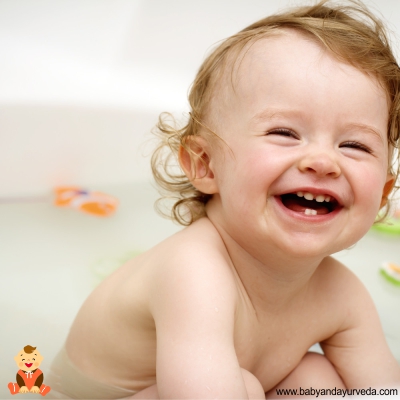
Baby starts teething at an age of around 6 months. Generally, teething may start any time between 3 months to 12 months of age and it is normal if your baby start teething at an early age of 3 months. By the time your child is of 3 years he will be having a complete set of tiny pearls- all 20 primary teeth.
Usually, the first two bottom front teeth called central incisors are the first to erupt, then the four upper front ones (central and lateral incisors). There are variations at times but your baby will have all sets of primary teeth by the age of three.
Baby Teething – Signs & Symptoms 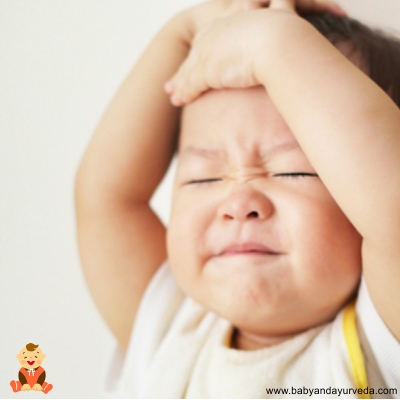
Teething Symptoms are not common to all babies. There are many who don’t have to face those sufferings. But there are a lot of cases in which problems like drooling arises leading to rashes on chin and face, gum swelling, irritability, sensitivity and sleeping disorder. Baby rubs his face, tug on his ears, turns fussy, refuses to eat and drink, suffer from mild fever, diarrhea and runny nose etc.
How can I help my Teething Baby? 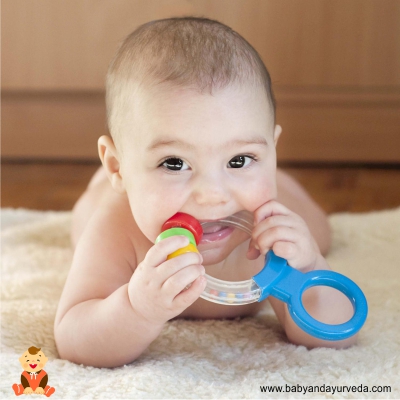
There are quite a few things that can be done for a teething baby. Give your baby a wet washcloth or a toy that you feel comfortable because your baby will chew that. If your choice is a wash cloth, chill a few pieces of cloth in a plastic food storage bag so that you can use it immediately when your child needs one. One of the other effective ways is rubbing his gums with clean fingers or giving him cold food or drinks to reduce pain. Make sure that food or drinks are not too chilled or cold.
If nothing is helping him then, consult your Pediatrician, if he suggests any over the counter pain reliever like ibuprofen or acetaminophen. Aspirin should not be given to children as it is associated with Reye’s syndrome which is rare but a serious and life threatening condition.
There are certain things you should stay away from are topical teething gels and teethers (teething rings) because baby’s teeth can puncture the teether and the baby can ingest the substance inside. FDA warns the use of over the counter topical numbing preparations as they can be toxic for babies – Click Here . Don’t worry the symptoms of teething will disappear once the tooth breaks from the gums.
You may also check- Baby Developmental Milestone
When Do Babies Start Teething? If you have any other information to add on, then please add in comments.
Related Posts:
Category: Baby Care, Baby Health, Baby Health Tips
January 24, 2017 · Baby and Ayurveda · No Comments
Recent Posts
- How to Soothe a Baby after Vaccination?
- Which Nutritional needs are important to take during pregnancy?
- Things to know about Baby Safety Inside Home
- Why Should You Eat Chocolate in Pregnancy? Know the Reasons Here!
- A Precise Nutrition for Healthy Growth of School-Going Children
- Home Remedies that will Provide Your Child Enough Relief in Fever
Categories
About
Welcome to BabyandAyurveda.com – India Parenting Blog. We are here to help all the parents to raise healthier & happier babies and enjoy every chunk & bit of this beautiful phase called “Parenthood” blessed by Almighty.

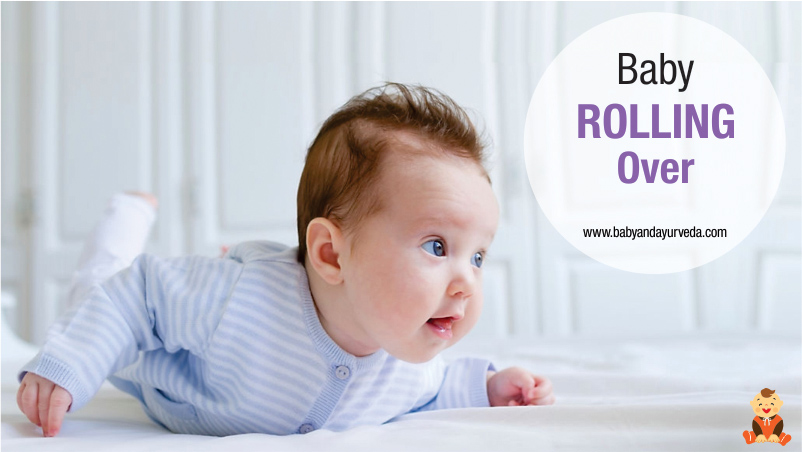
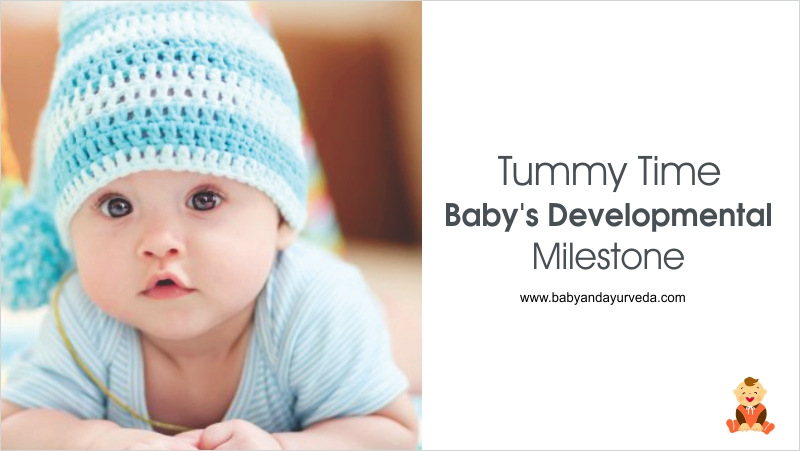
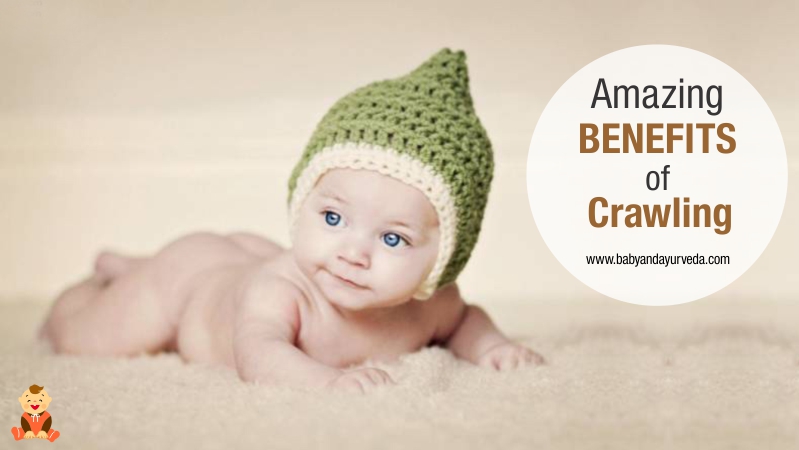
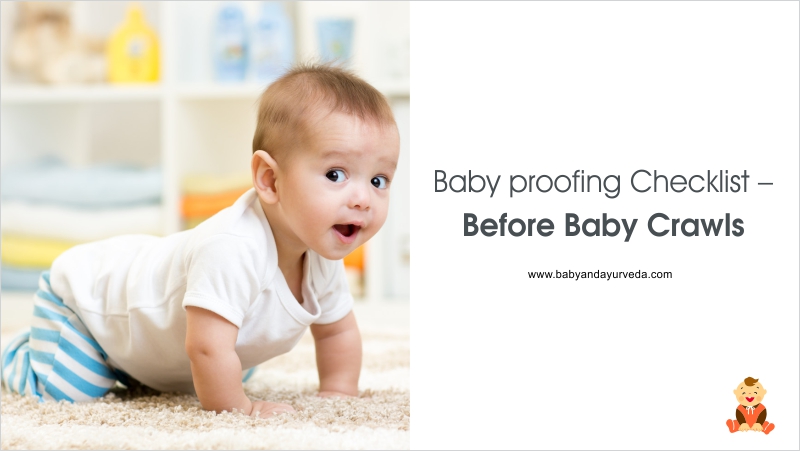
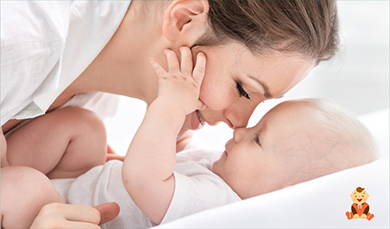
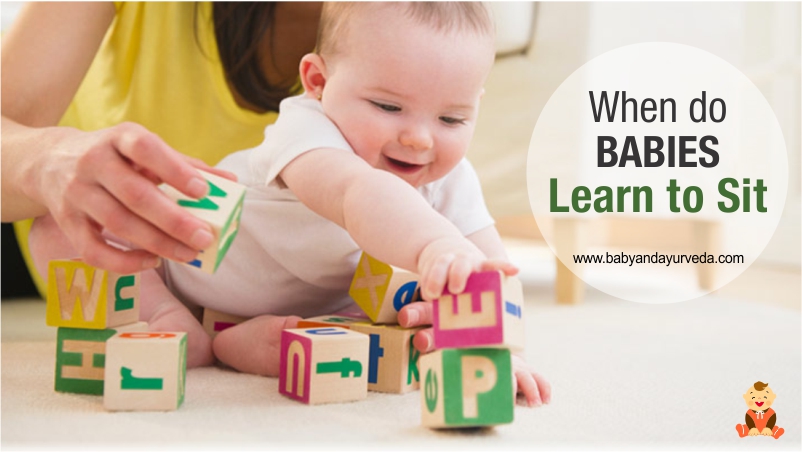
Leave a Reply